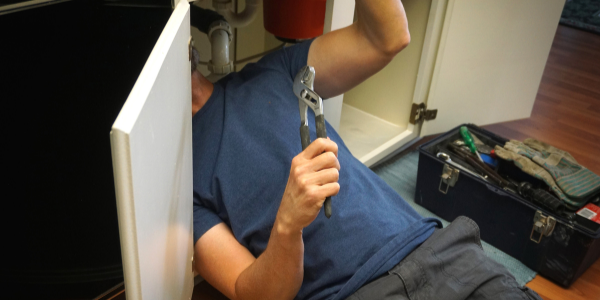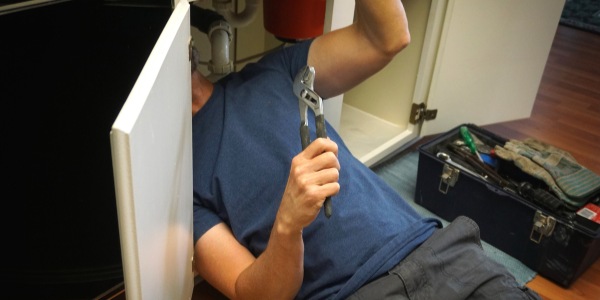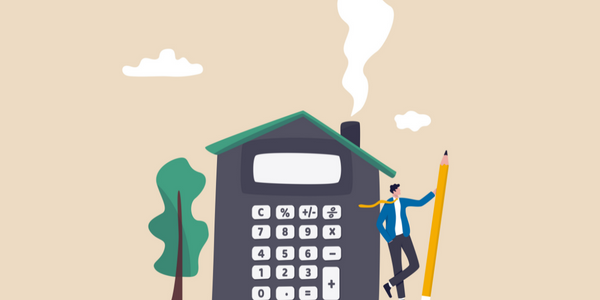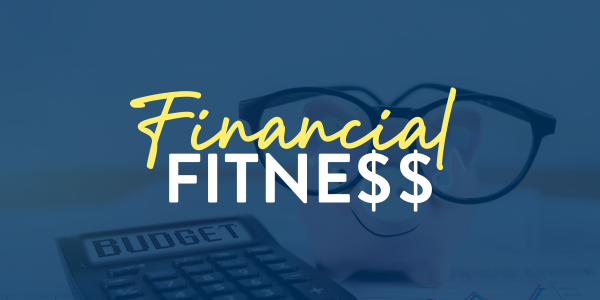

Before we get started, there’s no right or wrong answer here. Buying vs. renting will always be a personal decision—one that should be based on your lifestyle, goals, and financial well-being. Various factors like interest rates, the housing market, and what others around you are doing can be influential, but the ultimate decision is up to you.
Putting all that aside, here are some pros and cons you should consider when determining whether buying vs. renting is better for you.
Stability
One of the best things about owning a home is the fact that your payments will be locked in for the next 15 or 30 years, depending on the length and type of mortgage. “Volatile” may be too dramatic of a word to describe the rental market, but it’s unpredictable, at best. You can lock in your lease terms for one year, but you have no idea what’s going to happen after that.
Your landlord could raise the rent or choose not to renew your lease altogether. You may also have lease provisions that prevent you from, say, getting a pet, having a significant other move in, or even painting a wall.
Owning a home means owning all the decisions. Want a pet lizard? Go get one! Does your brother need a place to stay while he gets back on his feet? Offer your spare room. Tired of looking at that dirt patch in the backyard? The garden center is just a few blocks away.
There is great peace of mind that comes from knowing your house—and housing payments—will remain in your control. With a fixed-rate mortgage, this payment will only change if you choose to move or refinance.
Repairs & Maintenance
Now, on the flip side, you have to consider that all responsibilities are now on you when you own a home. This includes the fun stuff like adopting a bullmastiff, as well as the not-so-fun stuff like fixing a leaky roof. There’s no landlord to call when the dishwasher breaks or the HOA points out a violation.
The general rule of thumb is to budget 1% to 4% of your home’s purchase price for annual repairs. This figure should be taken into account when you’re calculating the merits of buying vs. renting. Repairs and maintenance are also why it’s crucial for any home to undergo a thorough inspection before you purchase the home.
Many bidders are waiving inspections nowadays to make their offers look more attractive. This can be a risky game if your aggressive bid is accepted, the home doesn’t appraise for as much as you hoped, and you find out you’ve got five figures worth of repairs to make.
This doesn’t mean renting is a piece of cake when it comes to maintenance and repairs. Unscrupulous landlords do exist, though they tend to be the exception. Still, requesting a repair and having it completed can be time-consuming, as you’re more likely to be at the mercy of the landlord’s schedule, and then the repairman’s schedule. As a homeowner, you can cut out the middleman, shop around for the best deal (or best repairman), and schedule the service on a day and time that works for you.
Equity
Buying vs. renting shouldn’t simply come down to which is cheaper. It may actually cost less to rent a home in some neighborhoods than it would be to buy, but that doesn’t mean it’s the right decision for you.
Remember, a home is an investment. While no investment is guaranteed to make money, historically, homes appreciate over time. This makes a mortgage payment an investment in your future. With renting, you simply receive the benefit of living in that spot for the duration of your lease. Once that’s done, you pick up and leave with nothing more than what you arrived with.
The landlord, on the other hand, walks away with the added benefit that you likely covered his mortgage payment—and maybe even more—during your stay. This isn’t to say that renting is all bad. It makes economic sense if it’s cheaper to rent as you save for a home, get out of debt, experience a life transition, or don’t plan to stay in the general vicinity long-term.
Renters also don’t have to pay property taxes on their dwellings. That’s the homeowner’s job. On the plus side, there can be tax benefits to owning a home, as you may be able to deduct mortgage interest, renovations, and depreciation. On the minus side, property taxes, along with additional costs like private mortgage insurance, homeowner’s insurance, or homeowner’s association fees have to be factored into your monthly payment when you’re considering the pros and cons of buying vs. renting.
Location
One of the biggest benefits of renting is flexibility. That isn’t just flexibility in pricing or unit size, but flexibility in location. You can pick up and move whenever your lease is up. For some, that sounds like heaven. For others, that sounds like a nightmare.
Here’s the thing, though. If you’re after a highly desirable location—say, a beach town, dense urban metro, or outdoor paradise—the discrepancy in price between buying vs. renting may be too much to stomach. Like we can all just root around in our couch for enough change to pick up a pad in Aspen…right? Instead, renting can afford you the ability to live in these destinations for oftentimes a fraction of the cost.
We know you know the other side of this coin’s coming . . . so here it is. Yes, renting will allow you to live in locations you’d otherwise be priced out of. However, if you find a location you love, save up, and use that money toward a down payment in or near your desired location, then you’ve secured that spot permanently.
Plus, if it’s an attractive area to you, that may mean the potential for future growth is there, which can mean more money in your pocket when it comes time to sell. Depending on your municipality and/or HOA, you may even be able to rent out a room or the entire house on a short- or long-term basis if it’s a really in-demand area. Becoming the landlord is so much better than paying the landlord!
If you’re renting and the area truly is in demand—especially for vacationers—here may be a solid chance your landlord will raise the rent substantially (unless you live in a rent-controlled area), choose to go the Airbnb route themselves, or sell altogether and cash in those profits. This is no problem if you’re only renting for a year of fun. However, if your goal is to stay in this area, that could become harder and harder as prices and demand rise.
The decision surrounding buying vs. renting will always be a personal one, but at least you’re armed with some pros and cons to consider before pulling the trigger on your next “home.” APM is always here to discuss these factors further with you, along with your unique goals and financial situation. Connect with an APM Loan Advisor today to get started.







